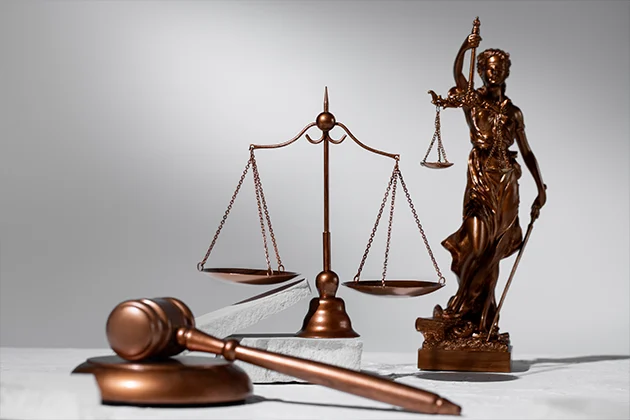Texas offers a variety of options for planning your legacy through a will. As a Texan, it is a wise decision to go through estate planning in case your property and assets are not disposed of in your preferred manner when you pass or in case, for any reason, you become incapacitated. Apart from having a complex portfolio of assets or simple family items that you’d prefer to pass down, having an awareness of the various types of wills and key factors to remember can make a significant impact.
“Choosing a qualified estate law attorney, one with a successful practice in your desired requirements, such as creating trusts and complex family arrangements, is key to successful estate planning in Texas. A qualified attorney will guarantee that your documents are legally correct and prepared,” says Texas-based estate planning lawyer Sasha Begum of Begum Peláez-Prada Business Law. This guide can help you with the basics of the last will and testament, offering you a lead into the options that will work best for you.
Exploring the Last Will
The last will is the basis for planning your estate in Texas. Under it, you can detail precisely to whom the assets will go when you are no longer alive. It affords a lot of freedom, with room to name specific beneficiaries and an administrator to dispose of your estate. Power, nevertheless, is not absolute. For one, a will must go through probate, a court proceeding that takes a lot of time and is public in that everyone can access your estate information via court documents. Besides, it does not cover your medical and financial affairs in case you are incapacitated; that is when other documents will come into play.
Beyond the Will
A last will and testament is not enough when planning for potential incapacitation. Additional documents are essential to ensure decisions regarding your health and finances are managed according to your wishes if you are unable to do so yourself. These typically include a medical power of attorney, allowing someone you trust to make healthcare decisions. Similarly, a durable power of attorney assigns someone to handle financial matters during incapacitation. These roles ensure that personal care and financial responsibilities continue smoothly without legal hurdles or delays. Integrating these into your estate planning safeguards your assets and personal well-being should critical situations arise.
Will vs. Trust
The decision between a trust and a last will and testament will depend on your specific circumstances and estate planning aims. Trust, in living trust format, is most desirable for its avoidance of probate, with a quick distribution of assets to beneficiaries and private affairs kept out of the public eye. Trusts also have a high degree of control over when and under what terms your assets will pass, which is significant when restrictions must be placed and dependents have disabilities. Creating a trust will be more costly and require ongoing administration, but its worth in terms of privacy, efficiency, and control makes it a strong consideration for many Texans.
Other Necessary Documents
Aside from a simple last will and testament, Texans also have mirror wills for couples, living wills for medical directives, and lasting powers of attorney for financial and medical care affairs. All three have an important role in complete estate planning, not just with property distribution but with your care and spousal affairs as well. Updating any one of them is a must with life events such as marriage, divorce, and having a family. Considering the complexity and legal intricacies of crafting proper, legally enforceable estate documents that accurately represent your current wishes, having an experienced estate attorney in your corner is worth its weight in gold. That way, your wishes will not become a victim of future court battles.
Wrapping up
So, although you have several options for expressing your wishes in your will through various legal documents, the assistance of a legal professional will ensure that your wishes are determined and sustained in the ideal form. This is a key step that often proves to be the deciding factor in safeguarding your legacy after you are gone.










